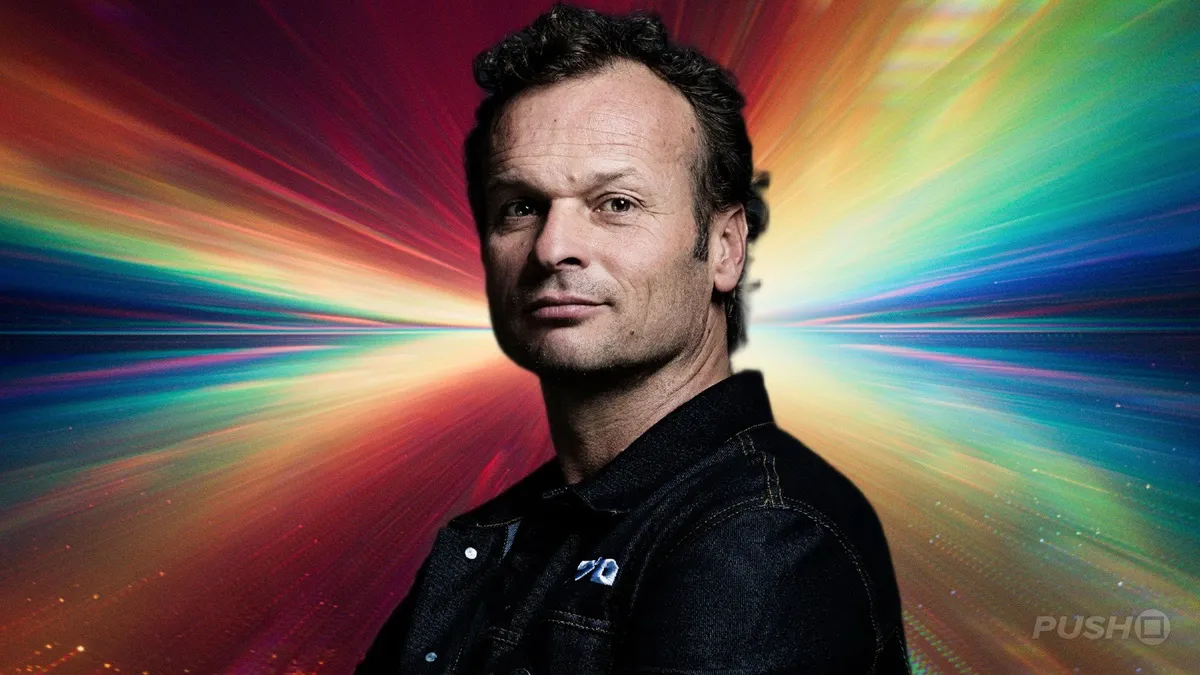
In recent years, Sony Interactive Entertainment made headlines with its ambitious plans to launch ten live service titles, aiming to diversify its first-party game offerings and establish recurring revenue streams. However, following the disappointing launch and subsequent cancellation of the first-person shooter Concord, the company has been compelled to reevaluate its approach to game development. In a recent exclusive interview with the Financial Times (paywalled), Hermen Hulst, the head of PlayStation Studios, discussed the significant internal changes being implemented to prevent future failures.
Hulst emphasized that the number of live service games is no longer the primary focus for Sony; instead, the company is prioritizing the quality of its offerings and the diversity of player experiences. “The number of live service games is not so important. What is important to me is having a diverse set of player experiences and a set of communities,” he stated. This shift reflects a new commitment to rigorous testing and oversight during the development process, underscoring the valuable lessons learned from past missteps.
To enhance the development process, PlayStation has implemented more comprehensive group testing, encouraged knowledge sharing among its studios, and fostered closer collaboration between executives. This proactive approach aims to ensure that when failures occur, they happen early and economically, allowing for rapid adjustments without significant losses. Hulst mentioned, “I don’t want teams to always play it safe, but I would like for us, when we fail, to fail early and cheaply.”
The challenge for Sony, particularly for Hulst, lies in balancing creative freedom for its development teams with the company's overarching goal of sustained growth. Recent cancellations of projects from studios like Bluepoint, Bend Studio, and Firesprite indicate a strategic pivot towards recognizing when to halt projects that may not meet the company’s quality standards. This proactive cancellation policy reflects a broader understanding that cutting losses early can lead to better outcomes in the long run.
When it comes to new intellectual properties, Sony is shifting its focus to the bigger picture. The company recognizes that delivering a great game is no longer sufficient; it must also have the potential to be transformed into various media formats, including anime, film, television, manga, and comics. Hulst stated, “We take a very intentional approach to IP creation … understanding how a new concept can turn into an iconic franchise for PlayStation that can then again become a franchise for people beyond gaming.”
While some gamers may lament the departure from the experimental projects that characterized earlier PlayStation eras, such as Vib Ribbon and PAIN, Sony continues to support indie developers through initiatives like the Hero Project. This indicates that while the focus has shifted towards building recognizable brands that drive console sales, the company still values innovation and creativity in game development.
As part of its strategy, PlayStation is concentrating on franchises that not only bolster console sales but also align with Sony's broader vision of becoming an entertainment powerhouse. This is evident in its continued investment in popular franchises like God of War, Horizon, and the upcoming Physint, all of which possess significant cross-media potential.
Moreover, the live service model remains a crucial aspect of Sony's revenue strategy. The company generates substantial income through microtransactions within a select few successful games. With new measures in place to mitigate risks and improve quality, Sony aims to avoid the pitfalls that led to the failure of Concord and ensure that its future live service titles resonate positively with players and contribute to the company's financial success.